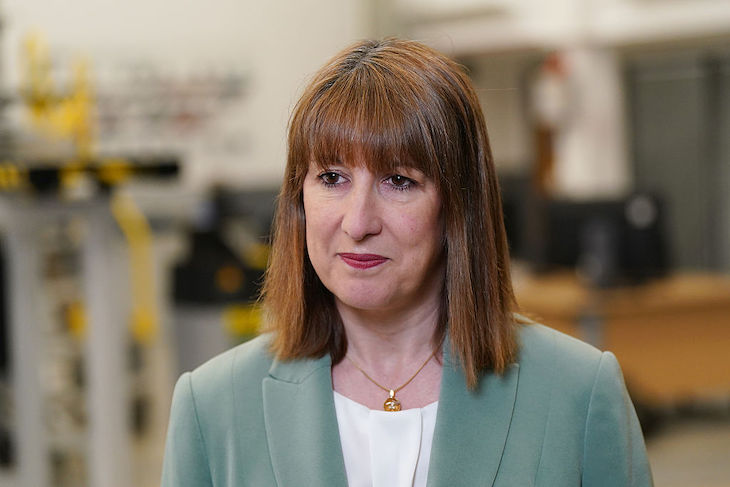Unemployment has hit 4.7 per cent – its highest level for four years after the Chancellor’s taxes on business caused jobs to slump. The figures, published this morning by the Office for National Statistics (ONS), also show payroll jobs down by 178,000 in the 12 months to June and by 41,000 between May and June.
The line that Rachel Reeves’ decision – namely her £25 billion employer national insurance tax raid – is hampering the job market is becoming a strong one. Andrew Griffith, shadow business secretary, said: ‘Unemployment is the only thing growing under Labour.’ As Reeves weighs up tax rises likely to fall heavily on businesses to plug fiscal holes, it’s an area we can expect the opposition to continue to push on.
Meanwhile, pay rises slowed to their lowest pace in three years – though they remain well above inflation. The average worker saw 5 per cent pay growth in May, which the Bank of England is taking as a sign that the labour market is no longer pushing up inflation. That has led Bank Governor Andrew Bailey to talk up the prospect of a rate cut next month. But as I write in today’s Spectator cover story, many critics would argue that the job of taming inflation – which rose to 3.6 per cent yesterday – is not yet done.
The Bank is right to worry about the labour market given the rise in unemployment. Vacancies were down again by 56,000 to 727,000 – the 36th consecutive fall. Some 14 out of 18 sectors tracked by the ONS saw fewer jobs advertised. But focusing on propping up the labour market before inflation has been properly squeezed out of the system seems a dangerous move.
With the Government’s new Employment Rights Bill still to come – bringing additional costs and legal risks for employers – things could get even worse. Many businesses may simply shut up shop or quietly stop hiring and replacing staff who leave, compounding the jobs slump. In the end, it’s likely to prove that any tax is a tax on working people.







Comments